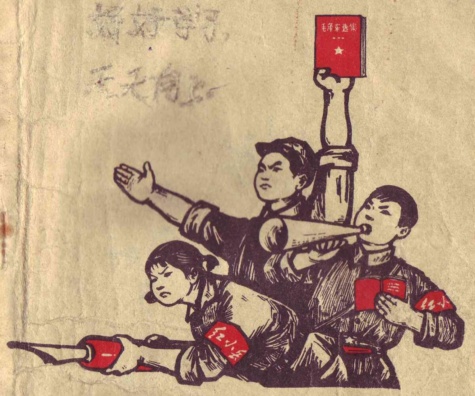
Anthony Wu | Head Editor
September 20th, 2022
I should start with a short confession: For most of my life, I was the most political and polarizing individual I know. My intense dissatisfaction with that part of myself is what compelled me to write a note of caution to those who become political at a young age. I’m rather fortunate that from the tornado of politics which swept me up in my elementary days, I emerged a centrist – a fate not shared by many politically-inclined eleven-year-olds. I’ll be the first to admit that I’m no expert on politics, but eleven-year-old me certainly thought he was.
And that’s precisely the issue.
The ideals of utopia appeal strongest to individuals who haven’t yet developed a healthy dose of skepticism and intellectual maturity, making teenagers the most fertile ground for radicalization. With the rise of independent media and political commentary, extreme and polarizing ideas have weaved themselves into everyone’s social media feed, and for many, their first exposure to politics is tainted with grossly partisan ideology.
Extreme ideas appeal especially to those who view politics more for entertainment than complex political discussions, as the slam-dunk spectacle that pollutes online politics rewards the extreme and controversial. Polarization bleeds the often obscure nuances of complex topics into a dichotomy of right and wrong – and those who align themselves with the opposing side are no longer individuals, but a figurehead of their ‘wrong’ ideology– a division which divorces friendships, hampers open-mindedness, and breeds hopelessness.
The essential aim of politics is to examine the problems inherent within society. In such a diagnosis, people often forget the innumerable miracles that enabled them to live in a free society with a quality of life far surpassing those of any time in prior human history. It is absent of gratefulness (nationalistic fervor doesn’t count) and provides a warped view of the world that strongly gravitates toward pessimism – a dangerous road to travel down, especially for those with youthful optimism and ambition. It is a road with far more pitfalls than blessings, especially for the high-schoolers who entrench themselves in topics that far exceed their maturity, myself included. “Their brains aren’t fully developed,” junior Luke Pinto put it bluntly.
For high-schoolers about to embark on the adventures of adult life, there are a lot more important things to worry about than the state of the world, and, as a matter of principle, one should fix the problems directly under their control before they turn their eye on everyone else. The inexperience of youth breeds the naivety and idealism that plagues juvenile politics, and though one may think themselves immune from such tendencies, it is a byproduct of their age that they are ill-adapted to confront the issues of society.
Editor’s Footnote: It is an intriguing dilemma which I have placed myself in by writing this article, as it applies equally to myself. I am not arguing that political discussion is wrong, but that it promotes a danger that I know all too well. As a newspaper writer, it is my duty to express my honest opinion on a variety of subjects, and I ought to candidly admit that the title of this article is precisely the type of controversial, all-or-nothing statement that I example as contributing to polarization. However, my article is not an espousal of a certain political sentiment, but is intended to be a thought-provoking perspective contrary to the traditional narrative, necessary to mediate my competing interests as a writer and observer. Does my stance disqualify me from ever writing about politics in the future? I hope not.

Leave a Reply